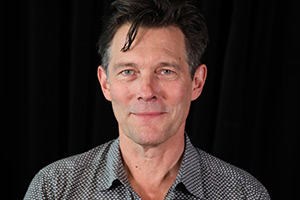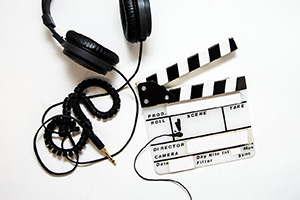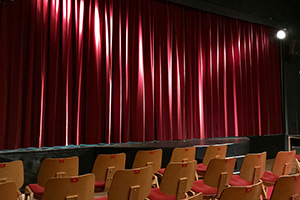Spymonkey: Why the frogs?
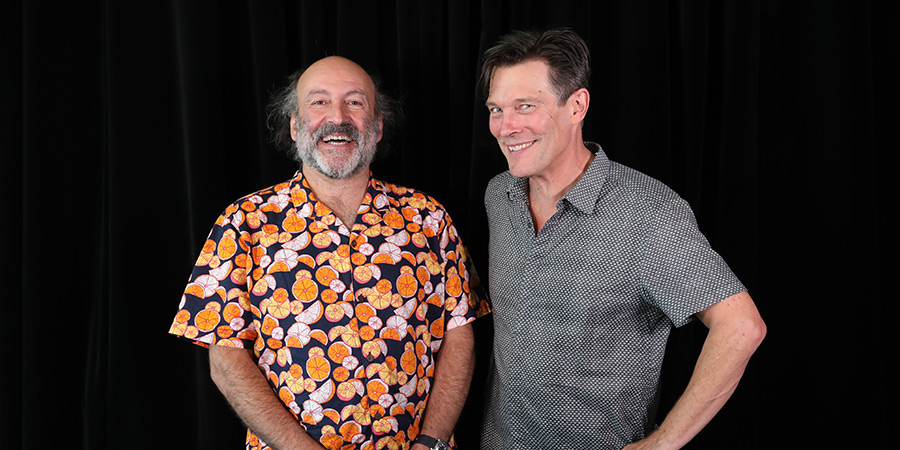
Physical comedy ensemble Spymonkey - lead by Aitor Basauri and Toby Park - are set to bring Aristophanes' classic The Frogs to audiences in Northampton and London. Park explains why there is no better way to look at the nature of how comedy works than having a crack at the classics...
Sometimes working in comedy is really not funny.
In October of 2021 we found ourselves in crisis. Navigating the tragic loss of our great friend and longstanding member Stephan Kreiss in August of that year, we met up with Carl and our producer Emily to talk about a new show. With the fourth member of Spymonkey, Petra Massey, on long-term loan to the variety show she hosts in Las Vegas, we were bereft. After 25 years of being pretty much a four piece ensemble, we were suddenly two.
Spymonkey's work has always drawn on the specifics of the performers on stage, of where we find ourselves in our personal lives, what makes us laughable or ridiculous or vulnerable in our own particular way. So it felt inevitable that the next show would deal with this particular crisis. If that sounds odd to some, that we'd want to use work as a way of reflecting our collective grief, I'd say that artists do this all the time. If it occupies you that becomes the thing you want to work with. Why would artists who work in comedy do any different?
The things is, how do you make grief the subject of a comedy, and still make it funny? And why choose The Frogs as a starting point?
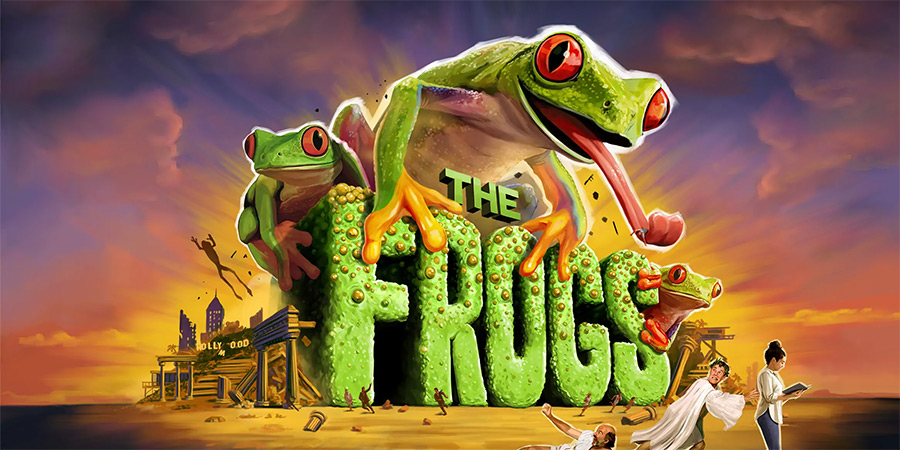
There are a number of things about Aristophanes' brilliant and funny play which chime with where we find ourselves right now. The Frogs starts with two idiots setting off on an ill-advised search to reclaim a lost friend. The story of The Frogs begins with the journey of Dionysus, the god of good times, wine and theatre, and his canny servant Xanthias set out to journey into the Underworld to bring back the recently departed great playwright Euripides, and thus facing a series of increasingly brilliant comedic set pieces familiar to any audience in any age - a posh pretentious idiot and his wisecracking servant, disguises, subterfuge, mistaken identities, argumentative zombies, hilarious slapstick beatings, crazy frogs, weird religious cults.
So given the journey that Dionysus and Xanthias undertake, it felt like we could find an interesting overlap with our own situation: two idiots in search of their lost friend, who find some kind of resolution, or letting go.
And, of course, The Frogs has been around a long time - it's the oldest surviving double act in theatre literature. It felt to us that The Frogs offered a robust enough framework to carry much of what has occupied Spymonkey's work during our quarter of a century together: death, ill-judged theatrical ambition, surrealism, absurdity, vaunting imagination, meta-theatre, a dash of musical hall, songs and dance numbers.
And it gives us the opportunity to ask some questions of the play: Can we keep our sense of humour when the world is heating up, both physically and politically? Why does comedic writing - whether that is Aristophanes, Shakespeare, radio comedy, the sitcom - age in a different way than 'straight' drama, the tragic or the poetic do not? Why is the tragic so often elevated to 'high art' in our culture, and comedy seen as 'low'.
In the past we have found the challenge of tackling iconic source material an inspiration. Whether that is four idiots attempting to stage one of the great novels in the English language, Moby Dick. Or our attempt to tackle tragedy with Oedipus Rex. Or to perform every death in Shakespeare, as with The Complete Deaths.
So what better way to look at the nature of how comedy works, than having a crack Aristophanes, the oldest comedy writer in the Western canon?
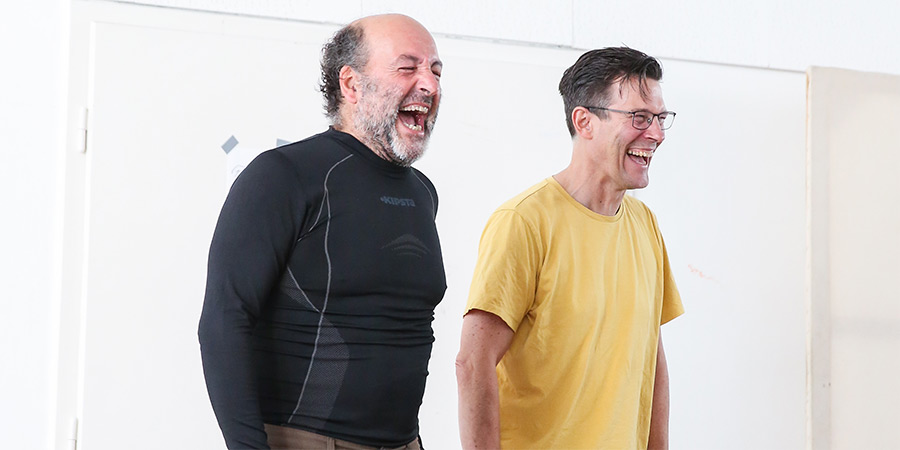
Normally when human beings are unsure of what lies ahead for them, they reach for history. When artists find themselves in the same position they reach for the classics. After all, they are classics for a reason, because they contain something universal that has been handed down to our times. This sense of universality is usually surrounded by other things that are maybe not useful anymore, because the context has changed. Our old stories also carry with them the marks of the ages that created them, and need to be reevaluated for our own times. That's when it's useful to make a new interpretation, or re-write. And when a company works for 25 years doing the same thing it becomes, in its own unique way, a little bit of a classic too, so we too feel the need for a new interpretation.
It's been a great journey of discovery making this show. It feels like we've brought together a hive comedy mind of people to unlock the puzzle that we've set ourselves. Our longstanding designer Lucy Bradridge who has designed nearly every Spymonkey show since our inception, and who understands how to make us look beautiful, or spectacular, or very very silly in equal measure. The craftsmanship of writer Carl Grose, who we are working with again since we made Oedipussy in 2012. Director Joyce Henderson, longstanding Complicity associate, who brings her huge experience of movement to the work and has opened our eyes to a whole new world of theatrical possibility. And we welcome the brilliant Jacoba Williams to Spymonkey for the first time - we have laughed like drains with her. And the rest of the team, many of them new to our work, have brought a fresh set of perspectives and ideas.
This morning I went into the Royal & Derngate workshop to fit a 20 foot animated tree frog on Aitor. We've been coming here to make shows for 14 years, and the Royal & Derngate workshops are brilliant at making our ridiculous ideas real, it's like comedy alchemy. You've got to come and see it, it is going to be gobsmackingly stupid.
Find out more about Spymonkey via spymonkey.co.uk
This article is provided for free as part of BCG Pro.
Subscribe now for exclusive features, insight, learning materials, opportunities and other tools for the British comedy industry.

